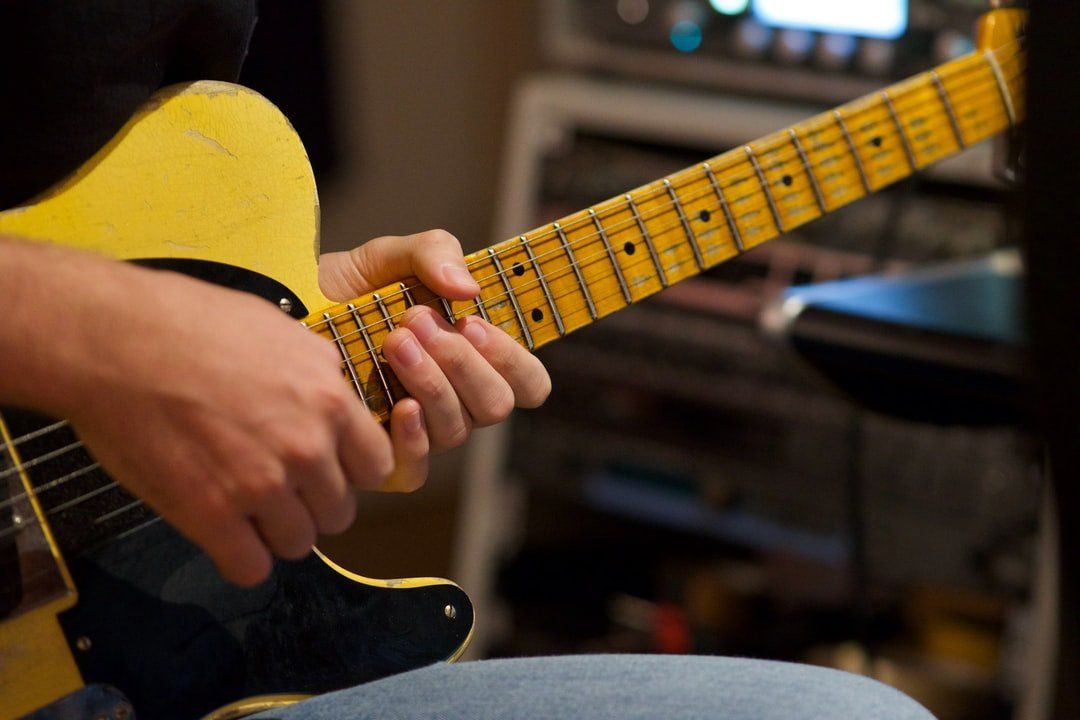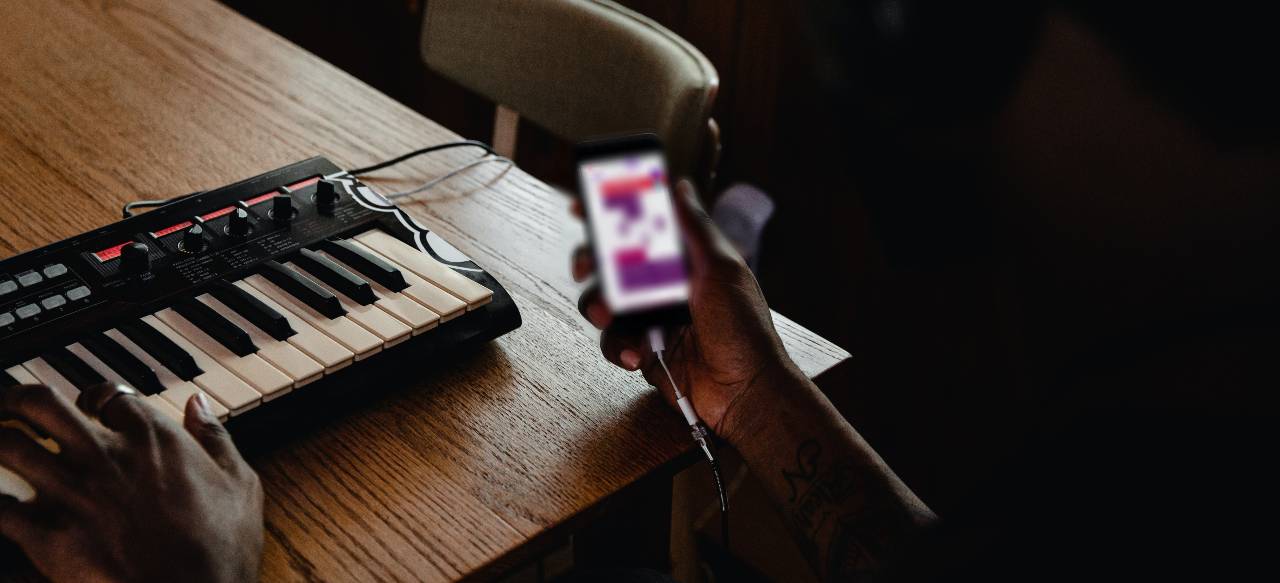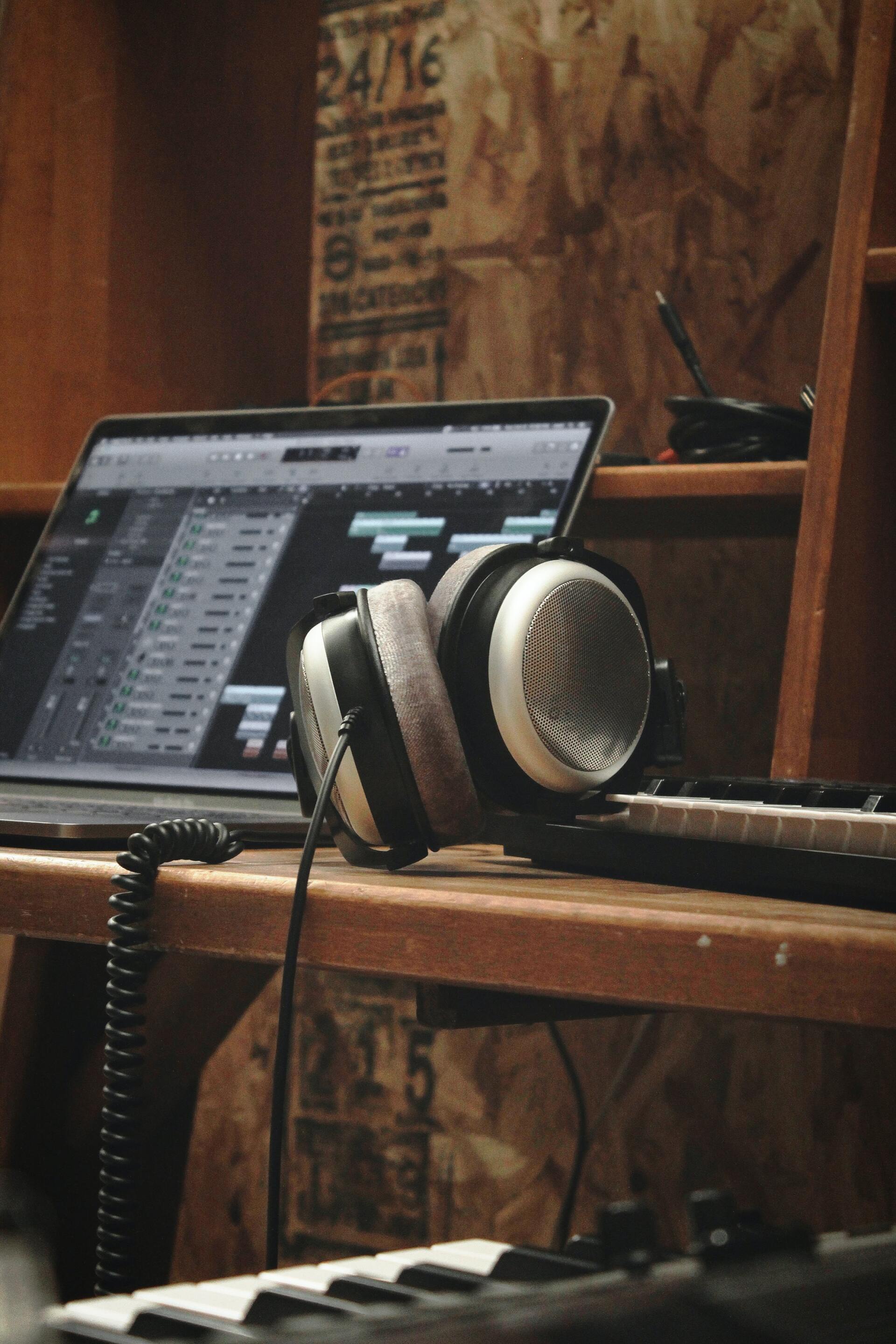The Essentials of Hiring Freelance or Session Musicians
Traditional nine-to-five jobs have long been around, but there’s been a steady rise in freelance work in recent years. The Intuit Report (2011) predicted that freelancers would exceed 40% of the US workforce by 2020. In actual fact, 59 million Americans (36%) were freelancing in 2020. It’s called the gig economy, for a reason: traditionally, musicians were the prime example of this kind of work.
I’ll have a Pint of Music, Please
Modern society is based upon the exchange of money for goods and services. It’s quite obvious when we’re buying a pint of milk, renting a bicycle in a foreign city or paying a streaming subscription, but it gets blurry once the product or service isn’t tangible.
When you hire a freelance musician, what precisely are you buying? The answer dictates the working relationship and conditions. Depending on the expectations of the producer, different approaches to both the hiring and creative process will be used. First and foremost, people tasked with hiring freelance musicians need to be familiar with the etiquette of freelance work and the nature of the music industry.
Here are the essential points on how to hire session musicians and work well together:
1. Provide Information
As with any job, finding the right person is the key to a painless process. When canvassing candidates, you should provide as much information as possible; describe the project precisely so that you can easily track down the most relevant musicians. Follow a general hiring procedure and focus on:
- Relevant Experience
- What similar projects have they done? If you are looking for a jazz guitarist, save time by requesting examples of comparable projects.
- Hard Skills
- Does the job require them to have a formal music education, or other certifications that demonstrate their ability to do the job? If not, what are their other skills? Do they excel at improvisation or sheet-reading?
- Soft Skills
- Do they have a personality that will fit with the team? Are they an applicant that will work amicably and competently with others members of the project?
- References/Testimonials
- How have previous clients rated their performance and attitude?
By asking questions relevant to a project, producers find relevant answers. This will quickly brush away the musicians who aren’t particularly versed in the specific genre, techniques or musical direction the project is concerned with.
It’s best to come up with specific objectives that are easy to understand so that the session musician feels confident they can align themselves with the goals. Additionally, the probability of finding the ideal freelancer can be increased by placing your ads on industry-specific sites, such as Airgigs or SoundBetter.
2. Money First, Work Second
Just as producers have explicit expectations, so too do session musicians. Most of them expect to be paid. Simply put, it’s just unprofessional to start work without talking about finances. If money is offered for studio time, the decision between hourly charge and a fixed price must be made.
Conversely, the industry standard for live gigs is fixed price, which can be influenced by the individual’s proficiency and workload, expected revenue and standard rates for the region. Regardless, working within defined terms will build a professional rapport, resulting in more efficient and productive work.
If the gig is unpaid, try to offer other incentives, such as exposure, experience, although the maxim “you get what you pay for” should be remembered. Freelance musicians are unlikely to offer the best service unless they’re getting some money out of it: one creative alternative could be to offer partial rights to the music, if their role is significant enough.
3. Be Prepared
Mechanics need spanners, chefs need knives, and pilots need planes (and aviators). Likewise, musicians can’t work without the correct tools. The smooth beginning of any recording session or live gig starts hours before anyone arrives.
For recording sessions, keep in mind that studios are a little pricier than a bassist’s garage; it’s not a place for practice, but production. Project leaders can save time and money by having the writing finished, equipment checked, and all provisions provided.
Audio and sheet music should be prepared and ready on demand. Further, any audio or sheet music that is sent to a musician prior needs to be the absolute, correct version to avoid any confusion or delay, which applies to both studio recording and live gigs. In addition, for live performance, make sure the musician is aware of planned rehearsals, length of shows, number of songs, and the extent to which they should learn them. Even popular songs, which many may assume to be in a player’s repertoire, can prove time-consuming when proper sheet music isn’t provided.
If you don’t have full sheet music, giving musicians chord progression, stylistic notations and any written information (time signatures, rhythm, harmonies) that will aid them is preferable. A picture is worth a thousand words, and so too is a song; compile a playlist of similar songs that capture the vision of instrumentation and dynamics.
Simple things like a chord sheet and playlist will save time and effort. Online chord makers are convenient and easy-to-use; some providers, such as Chordsheet Maker, even come as mobile apps with transcribing features. At the same time, finding related songs for a playlist has never been easier, so there really is no excuse for unpreparedness.
4. Understand the Service
Although musicians are clearly passionate about music, they can’t be expected to fall in love with everything they play. This can’t be forced, either, so any efforts to do so are unproductive. Although freelancers will have informed, expert opinions about the music they contact with, they are offering a service that should predominantly hinge on their musical ability, not emotional response.
Any accomplished session artist will still be able to imaginatively interact with the music without having a strong attachment. However, if it so happens they do start to relate to the project, your recording session will probably go a lot better. This is one reason why producers should consider original input as part of the provided service.
On the other hand, as it’s a paid service, session musicians should have high competence in picking up the musical phrases and shouldn’t require countless takes to get to something decent. Musicians are aware of how competitive the industry is and should have taken efforts to practice as many styles as possible. Therefore, producers should expect them to be able to do the job at an accelerated pace. Incidentally, this benefits both parties, as having artists play take after take will bore and distract them.
5. Create the Plan, Plan to Create
As Louis Armstrong once sung, “the creator has a master plan”. Producers and composers may have very specifics vision for their songs, but session musicians are huge resources of creativity. Whilst an explicit plan can be great for holding focus and setting clear aims, too strict a framework will limit spontaneity and improvisation.
Those well-practised in the creative industries are aware that collaboration is unavoidable. Songs benefit from a little room left for the session musicians to be creative. Promoting extra input can result in fantastic, unforeseeable results that complement the music.
Session musicians that are given zero opportunity to be creative will eventually become disillusioned and bored. If a project really doesn’t require artistic input, ensure that the freelancer is more suited to structured, constrained sessions or performances.
6. Ask for references
It’s a common practice for someone to enhance their CV, or exaggerate relevant qualifications, so it’s important to ask for references. If session musicians have previously worked under an agency, project leaders should reach out. Equally, any producers and musicians that have worked with the candidate previously are good sources for a quick summary of an individual. Good examples of references include:
- Instructors/Teachers
- Directors (of an Orchestra, Choir or other formal group)
- Supervisors of Long-term Projects
- Clients (Producers, Songwriters, Venues)
Even if the music industry can tend to get a little less formal than, say, the business and finance sector, the role of references remains the same. They not only validate the claims that a candidate makes, but also paint a picture of the actual person that is going to closely and intensely work within a team.
7. Be a Leader
At the end of the day, anyone interested in hiring session musicians or band members should establish themselves as a clear leader. It is solely their responsibility to oversee the project and continuously make the decisions.
As with any managerial role, project leaders need to control their team and set clearly-defined responsibilities and rewards. Cost of service, type of contract (work for hire or royalty-retained), number of takes or gigs, and artist credits are just some of the formalities that need sorting.
In the heat of the music, it’s too easy to forget that hiring a freelance musician is a business transaction; as with any thriving business, good leadership is crucial.
The Key to Success
If time has been taken to search for the perfect freelancer and everything set up accordingly, producers or songwriters are entitled to higher expectations and deserving of the best results. Of course not all session musicians are created equal, and each will have their own unique skill set and preferences. The key to success, though, is clear, upfront communication of your ideas and desires throughout the entire process.
Contrary to popular belief, freelance musicians are human, so don’t treat them like blank machines that only exist to play the same musical figure five-hundred times. Both producers and artists will benefit from the mutual understanding that the making of music is a complicated, expressive undertaking. Yet, by following these simple guidelines, hiring a freelance musician and maximising their potential is made a little easier.



Chordsheet Maker - by Dave Bernier









